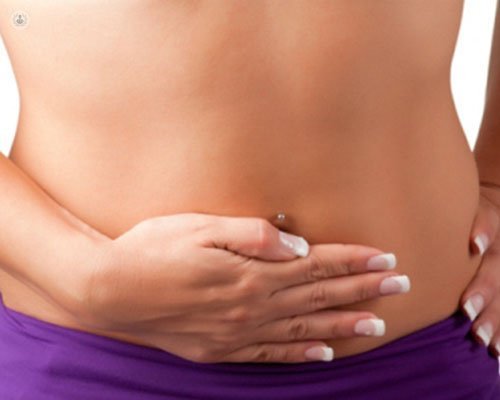3 tips to reduce water retention
Written by:Fluid retention, also known as oedema, is a common problem which affects women more than men and in most cases has no underlying disease or medical reason.
.
What is water retention?
The human body is made up of 70% water, both in and outside of our cells and blood. An excessive build-up of fluid can cause tissues to become swollen. Oedema most commonly occurs in the legs and ankles but can appear in organs such as the lungs, brain and eyes.
What causes fluid retention?
• Poor diet
• A sedentary lifestyle
• Hormonal changes (menstruation, ovulation and pregnancy)
• Certain medication (contraceptives, anti-inflammatories.)
When it is a “benign” retention, the fluid is usually located on the legs and is accentuated by warmer temperatures. The feeling of heaviness is due to a fluid accumulation of up to two litres or more.
Symptoms of water retention
• Cramp
• Weakness
• An increase in the volume of the legs (swelling)
• Weight gain
• Malaise and heaviness
3 ways to prevent water retention
1. Reduce salt intake: refrain from salt or use a small amount when preparing foods. Avoid foods that contains salts, such as prepared foods, cheeses, sausages, preserves.
2. Hydrate well: drink plenty of water. Although this seems contradictory, the more liquid you drink, the easier it is for the kidney to eliminate the ingested liquid. In addition to water, it is advisable to ingest diuretics to assist the elimination of liquids such as dandelion, dill and parsley, leeks and artichokes.
3. Move the legs: we are a sedentary society, spending hours in front of the computer.Take regular intervals from sitting down by walking for five minutes every hour. If this is not possible, do leg exercises in your chair so that the muscles of the legs pump blood to the heart. Try to incorporate physical activity into your daily life: walk up and down stairs, walk more often, swim, cycle. Just move your legs.
Avoid wearing tight clothing, a belt whilst sitting, and tight socks but do try sleeping with your legs slightly raised.


